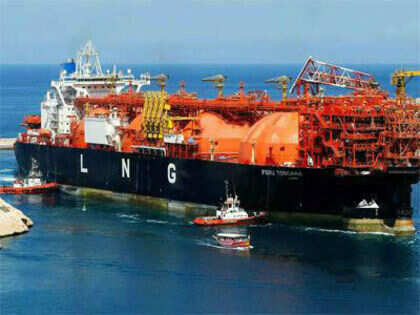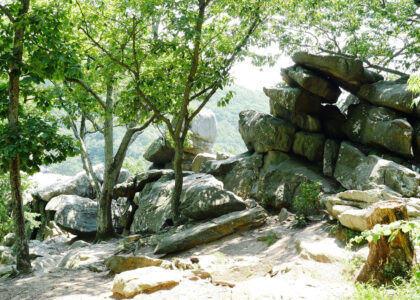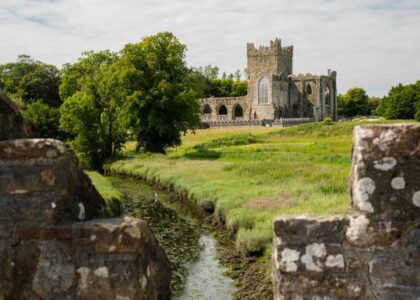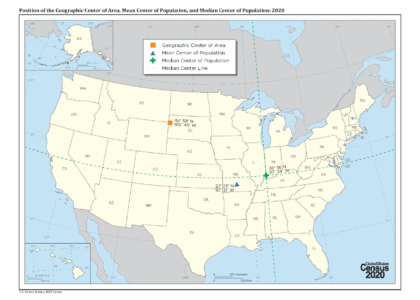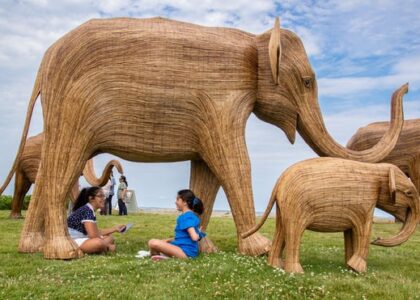As you wander through the vibrant town of Freeport, it’s hard not to feel the ocean’s presence in every facet of life here. Freeport, located on Grand Bahama Island, is a place where the sea isn’t just a backdrop—it’s a vital lifeline that has shaped its history and continues to chart its future.
Freeport was founded in the 1950s by American financier Wallace Groves, who saw immense potential in this part of the Bahamas. With a vision to create a free trade zone, Groves transformed what was once a sleepy area into a bustling center of commerce. The city’s unique status as a free port made it an attractive destination for international business and trade, bringing prosperity and diversity to the island.
But the story of Freeport is not just about business and trade. It’s about how the sea has shaped the lives of its people for centuries. Long before Wallace Groves arrived, the Lucayan people, the island’s original inhabitants, relied on the sea for sustenance and transportation. Their deep connection with the ocean is a legacy that continues to influence Bahamian culture today.
In the 17th and 18th centuries, these waters were notorious for piracy. Infamous pirates like Blackbeard and Calico Jack roamed the seas, their exploits becoming the stuff of legend. The treacherous reefs and hidden coves provided perfect hiding spots for pirate ships laden with stolen treasures.
As the age of piracy waned, the sea continued to provide for the island’s inhabitants. Fishing became a cornerstone of the local economy, with spiny lobster, grouper, and conch making their way to markets around the world. The importance of fishing is still evident today, with Freeport’s bustling fish markets and annual seafood festivals celebrating this rich heritage.
The sea has also been a source of inspiration and recreation. The stunning coral reefs and crystal-clear waters around Freeport attract divers and snorkelers from all over the globe. The underwater world here is a vibrant tapestry of color and life, with coral gardens, shipwrecks, and a dazzling array of marine species.
In recent years, Freeport has embraced eco-tourism, recognizing the need to protect its precious marine environments. Initiatives to preserve coral reefs and support sustainable fishing practices are helping to ensure that the sea will continue to be a vital resource for generations to come.
So as you explore Freeport, whether by foot or from the comfort of your car, remember that the sea is more than just a scenic backdrop. It’s a living, breathing entity that has shaped the history, culture, and future of this remarkable place.


